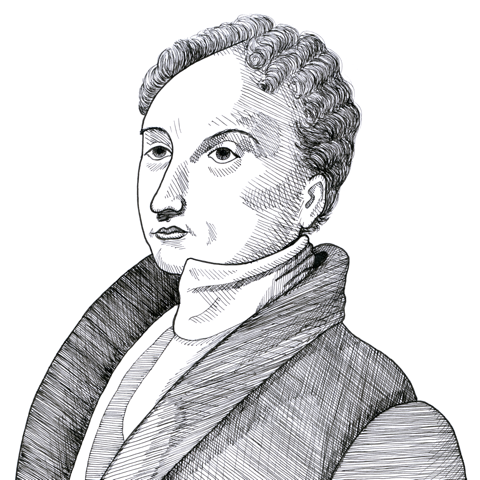
James Mill on Government Power
Found in: Articles in the Supplement to the Encyclopedia Britannica (1825)
James Mill wrote a dozen articles for the 1824 Supplement to the Encyclopedia Britannica, including one on “Government,” which is primarily concerned with the necessity of limiting government power. Before turning to his main theme, however, he offered a thumbnail sketch of the origins of government from a utilitarian perspective.
Origin of Government
“Of the laws of nature, on which the condition of man depends, that which is attended with the greatest number of consequences, is the necessity of labour for obtaining the means of subsistence, as well as the means of the greatest part of our pleasures. This is, no doubt, the primary cause of government; for, if nature had produced spontaneously all the objects which we desire, and in sufficient abundance for the desires of all, there would have been no source of dispute or of injury among men; nor would any man have possessed the means of ever acquiring authority over another.”